What Are Rosette Bud Mites – Learn About Bud Mite Symptoms And Control
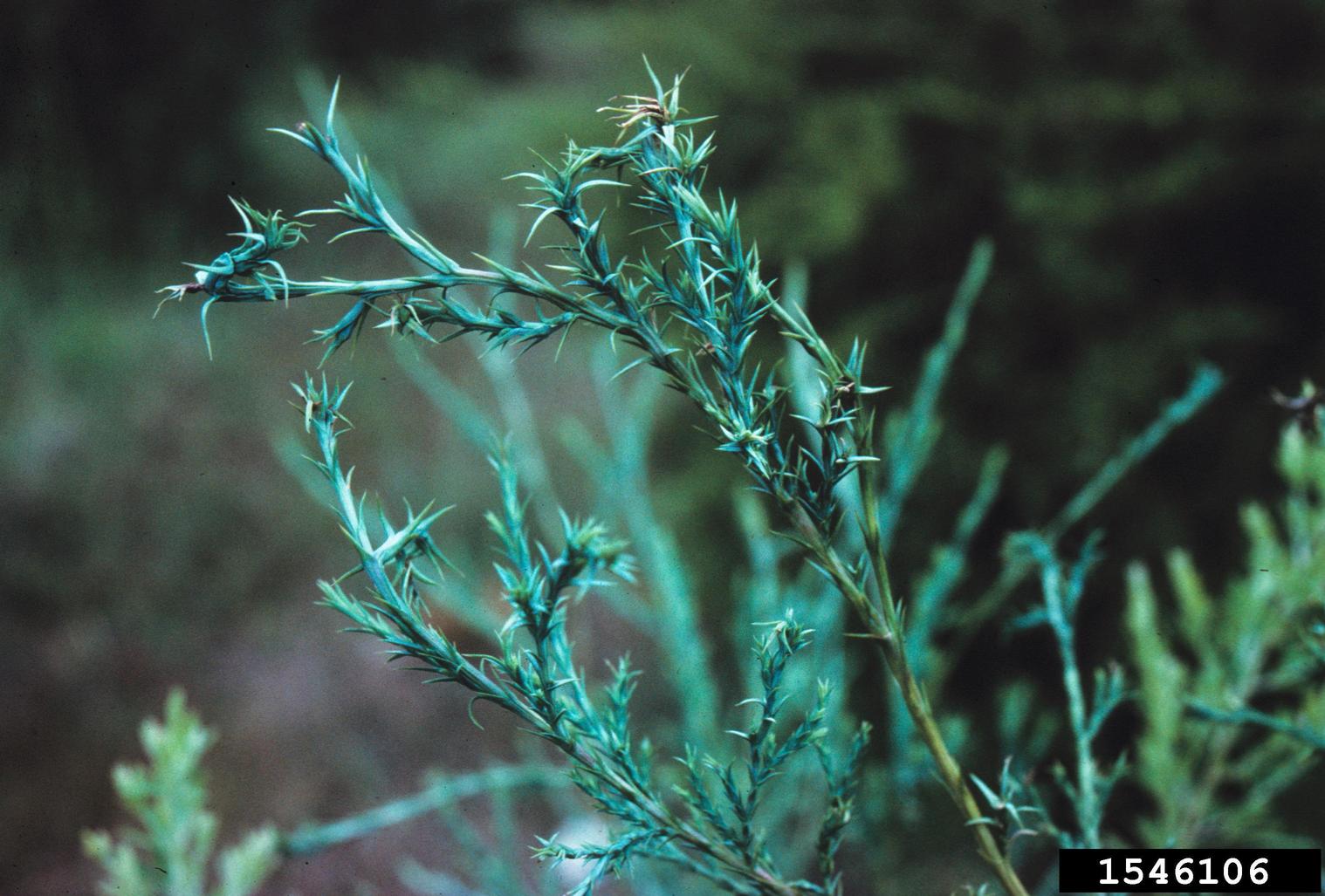
Fraser fir trees are a type of fir tree that is cultivated for use as Christmas trees. Fraser firs may succumb to or be damaged by a number of pests, amongst these are rosette bud mites. What are rosette bud mites and what methods of rosette bud mite control are there for the grower? The following article contains answers to these questions and other information on rosette bud mites.
What are Rosette Bud Mites?
Rosette bud mites are eriophyid mites that live inside Fraser fir buds. Eriophyid mites are different than other mites, such as spider mites. They are worm-like with a wedge shaped body and four legs on their anterior end. They can only be seen with the aid of a microscope or hand lens. Their feeding causes galls to form in the vegetative buds. The mites emerge from the prior year’s gall during spring bud break and then either drop to the ground or are windblown onto healthy shoots. Rosette bud mites then feed at the top of the shoots, which distorts the bud, forming a gall instead of a bud the next year. Reproduction occurs in the gall throughout the year with as many as 3,000 mites inside a single rosette bud by winter.
Bud Mite Symptoms
Rosette bud mites, while not lethal to the tree, affect the quality of the tree. In the case of commercial Christmas tree growers, infestation of the mites and the resulting drop in grade can make the trees unmarketable. The effect of a heavy infestation is obvious, creating stunted uneven growth. Bud mite symptoms may look similar to damage caused by the balsam wooly adelgid. To distinguish between the two, look for adelgid nymphs or adults at the surface of the bud, and cut open the bud to look for resident rosette bud mites. Hopefully, you find bud mites and not adelgids, which can be deadly to Fraser firs.
Information on Rosette Bud Mite Treatment
Rosette bud mite control is difficult since the pests reside inside the Fraser fir bud. The upside to treating for bud mites is it allows you to control other Fraser fir pests (except Cinara aphids) at the same time. Commercial Fraser fir growers inspect young groves of two years or younger annually for bud mites. Then an estimate of the percentage of afflicted trees is made in the fall. If the grower deems that the infestation needs to be controlled, the trees will be treated with insecticide the following June. Insecticides are either sprayed with hand held, high-pressure equipment or tractor driven air-blast mist blowers. Mist blowers are not recommended for heavy density groves. The only single application treatment is with dimethoate. Sevin and Metasystox-R are may also be effective in a two application rotation two weeks apart. Rosette bud mite populations can also be reduced in smaller trees by not interplanting young trees with old. Also, overall tree health reduces the risk of rosette bud mites. Practice good fertilization and shearing the trees early. Harvest infested trees early to reduce the populations of bud mites the successive year. There are no biological controls, such as natural predators, to reduce rosette bud mite populations, most likely because the mites spend the majority of their life cycle within the protective gall.
Gardening tips, videos, info and more delivered right to your inbox!
Sign up for the Gardening Know How newsletter today and receive a free copy of our e-book "How to Grow Delicious Tomatoes".

Amy Grant has been gardening for 30 years and writing for 15. A professional chef and caterer, Amy's area of expertise is culinary gardening.
-
 Looking For Plants To Give You The Soft And Fuzzies? Try These 5 Fuzzy Leaf Plant Options
Looking For Plants To Give You The Soft And Fuzzies? Try These 5 Fuzzy Leaf Plant OptionsLovers of texture, drama, silver foliage and tactile plants will adore these special sensory garden additions. These fuzzy leaf plant options will leave you all aglow
By Susan Albert
-
 Get Ready For A Summer Of Hummers! Grow These Full Sun Hummingbird Plants and Flowers
Get Ready For A Summer Of Hummers! Grow These Full Sun Hummingbird Plants and FlowersIf you’re lucky enough to enjoy a sunny backyard, make sure you are maxing out on your pollinator opportunities and grow these full sun hummingbird plants and flowers
By Tonya Barnett
-
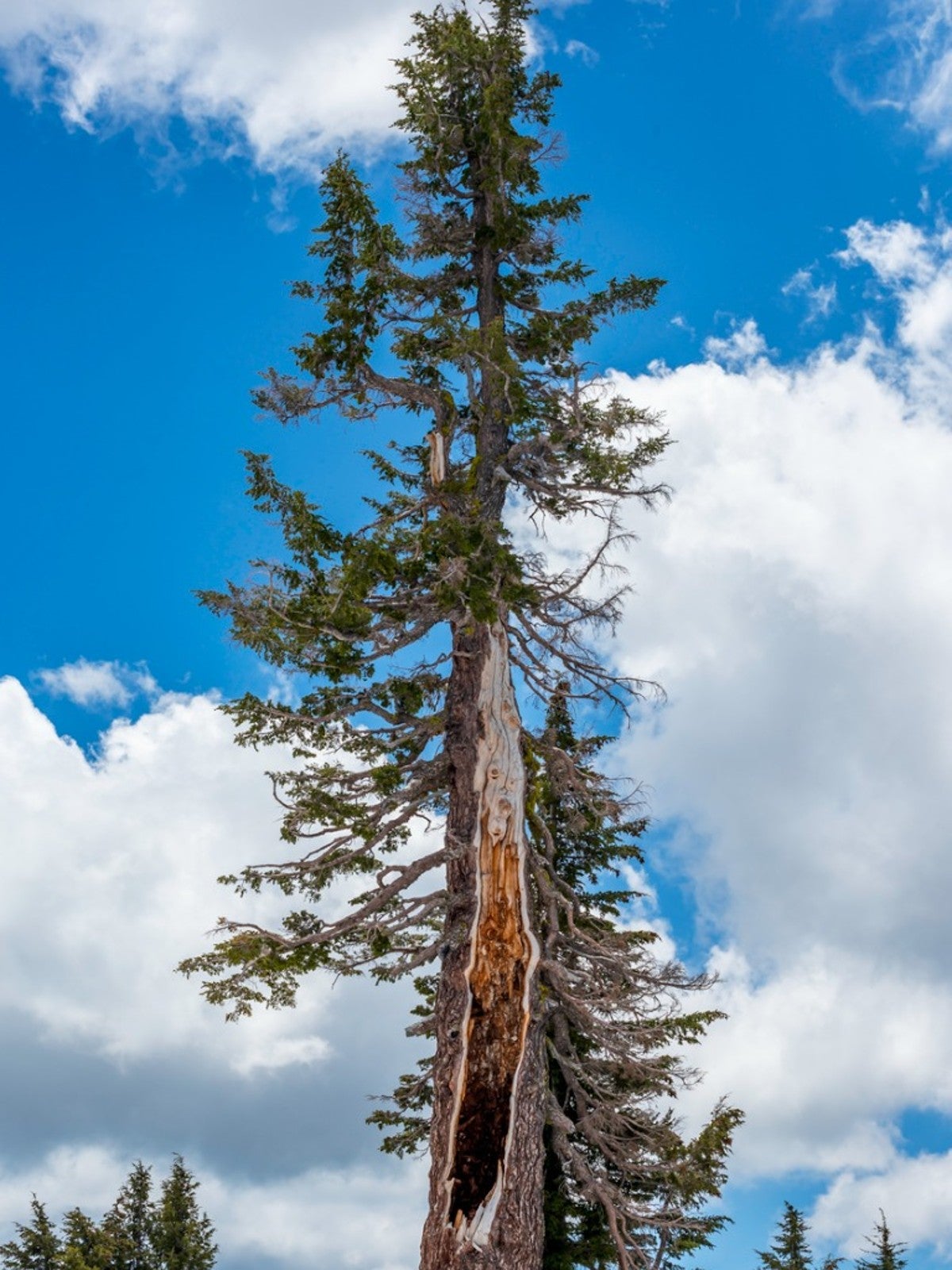 What Is A California Red Fir - Abies Magnifica Info
What Is A California Red Fir - Abies Magnifica InfoIf you have a large property, you might consider growing one a California red fir. Read on for tips on California red fir care.
By Teo Spengler
-
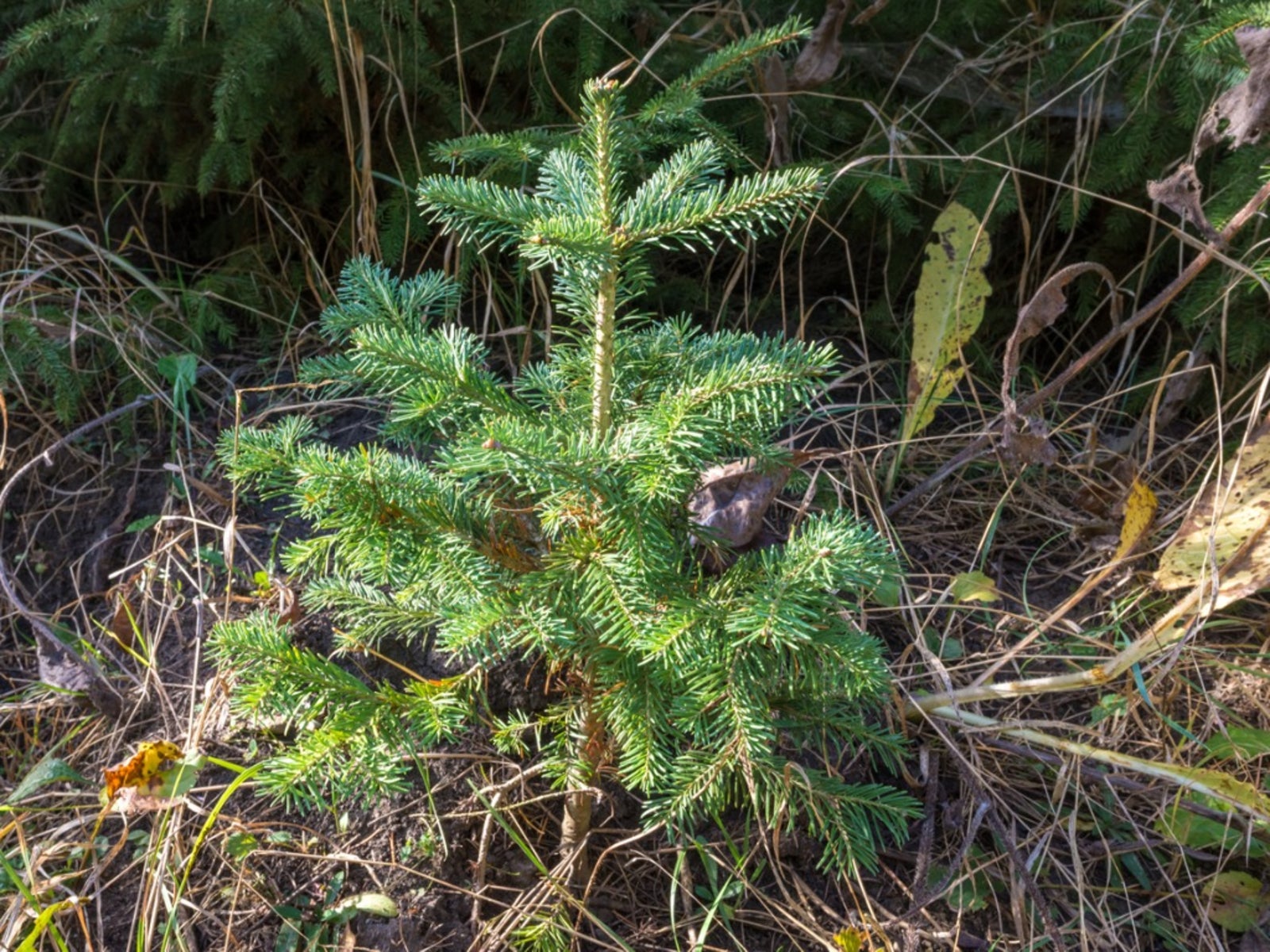 Subalpine Fir Tree Information – Learn About Subalpine Fir Growing Conditions
Subalpine Fir Tree Information – Learn About Subalpine Fir Growing ConditionsSubalpine fir trees are a type of evergreen with many common names. What are the uses for subalpine fir? Click to learn more.
By Teo Spengler
-
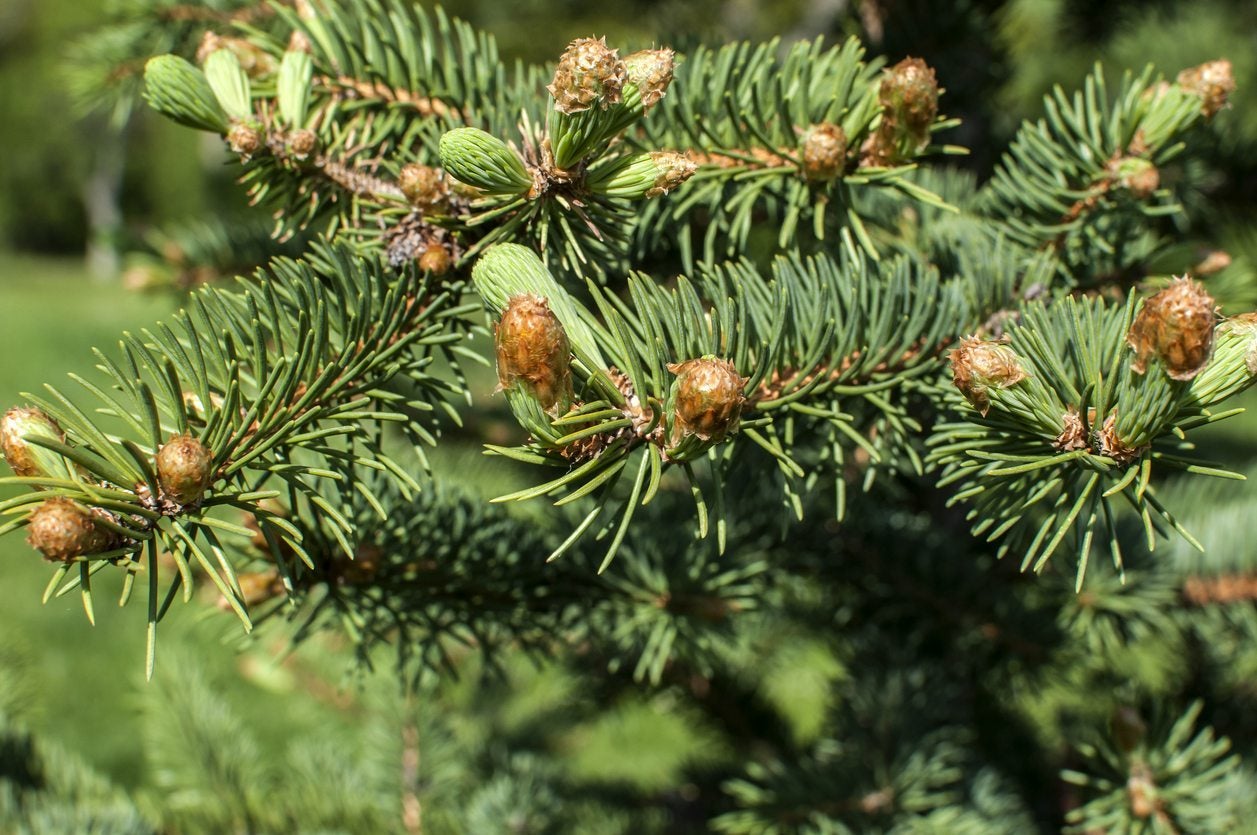 White Fir Facts: What Is A Concolor Fir Tree
White Fir Facts: What Is A Concolor Fir TreeConcolor white fir is a stately evergreen tree with a symmetrical shape, long, soft needles and an attractive, silvery blue-green color. Concolor white fir is often planted as a striking focal point and is especially appreciated for its winter color. Learn more about it in this article.
By Mary H. Dyer
-
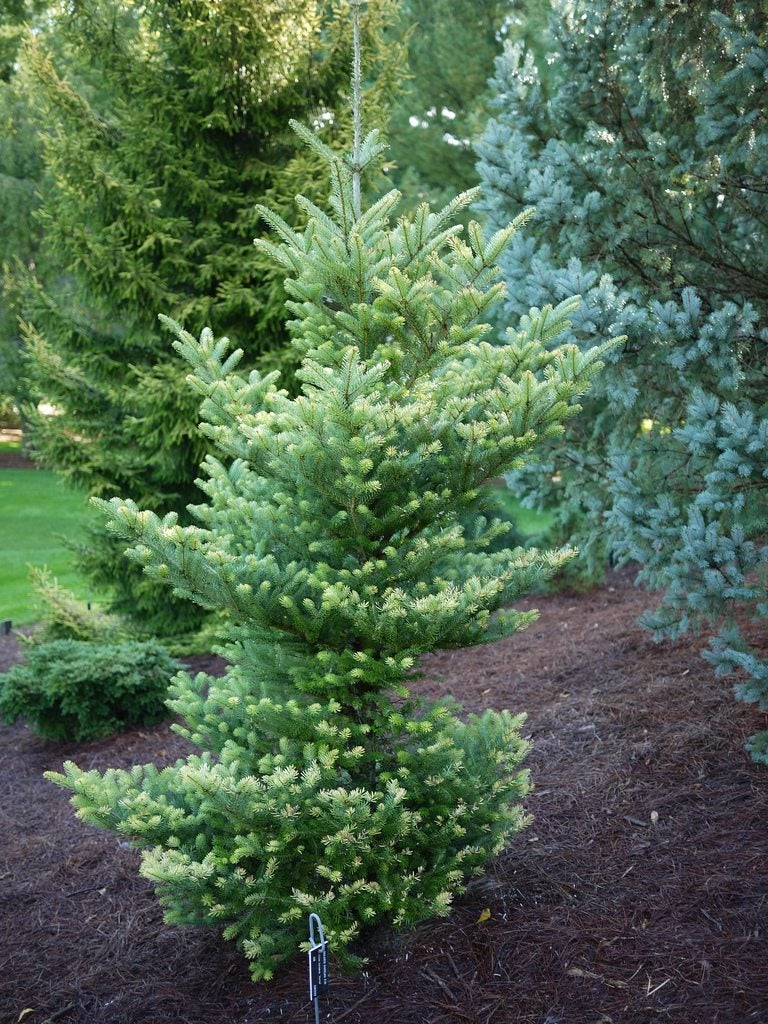 Golden Korean Fir Care – Learn About Golden Korean Fir Trees In Gardens
Golden Korean Fir Care – Learn About Golden Korean Fir Trees In GardensGolden Korean fir trees are compact evergreens known for their remarkable and attractive chartreuse foliage. The cultivar?s irregular spreading form is eye-catching, making the tree an excellent focal point in a garden. For Golden Korean fir information, click here.
By Teo Spengler
-
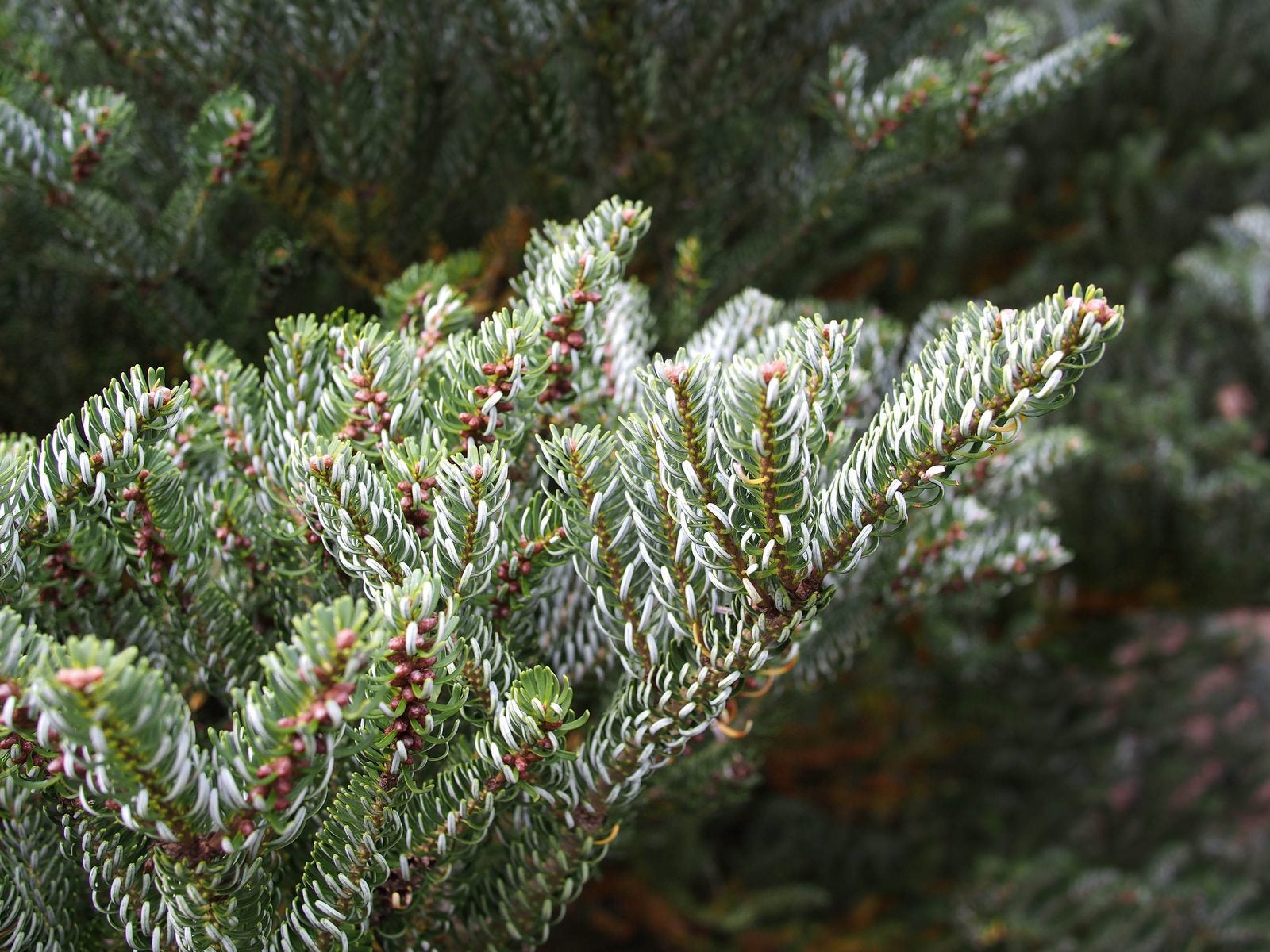 Korean Fir Tree Information – Tips On Growing Silver Korean Fir Trees
Korean Fir Tree Information – Tips On Growing Silver Korean Fir TreesSilver Korean fir trees are compact evergreens with very ornamental fruit. They grow to 20 feet tall (6 m.) and thrive in USDA plant hardiness zones 5 through 7. For more silver Korean fir tree information, including tips on how to grow a silver Korean fir, click here.
By Teo Spengler
-
 Douglas Fir Tree Care: Tips On Planting A Douglas Fir Tree
Douglas Fir Tree Care: Tips On Planting A Douglas Fir TreeDouglas fir trees also known as red firs, Oregon pines and Douglas spruce. However, these evergreens are not pines nor spruce nor true firs either. But they are tall, beautiful conifers. For information about growing Douglas firs, click this article.
By Teo Spengler
-
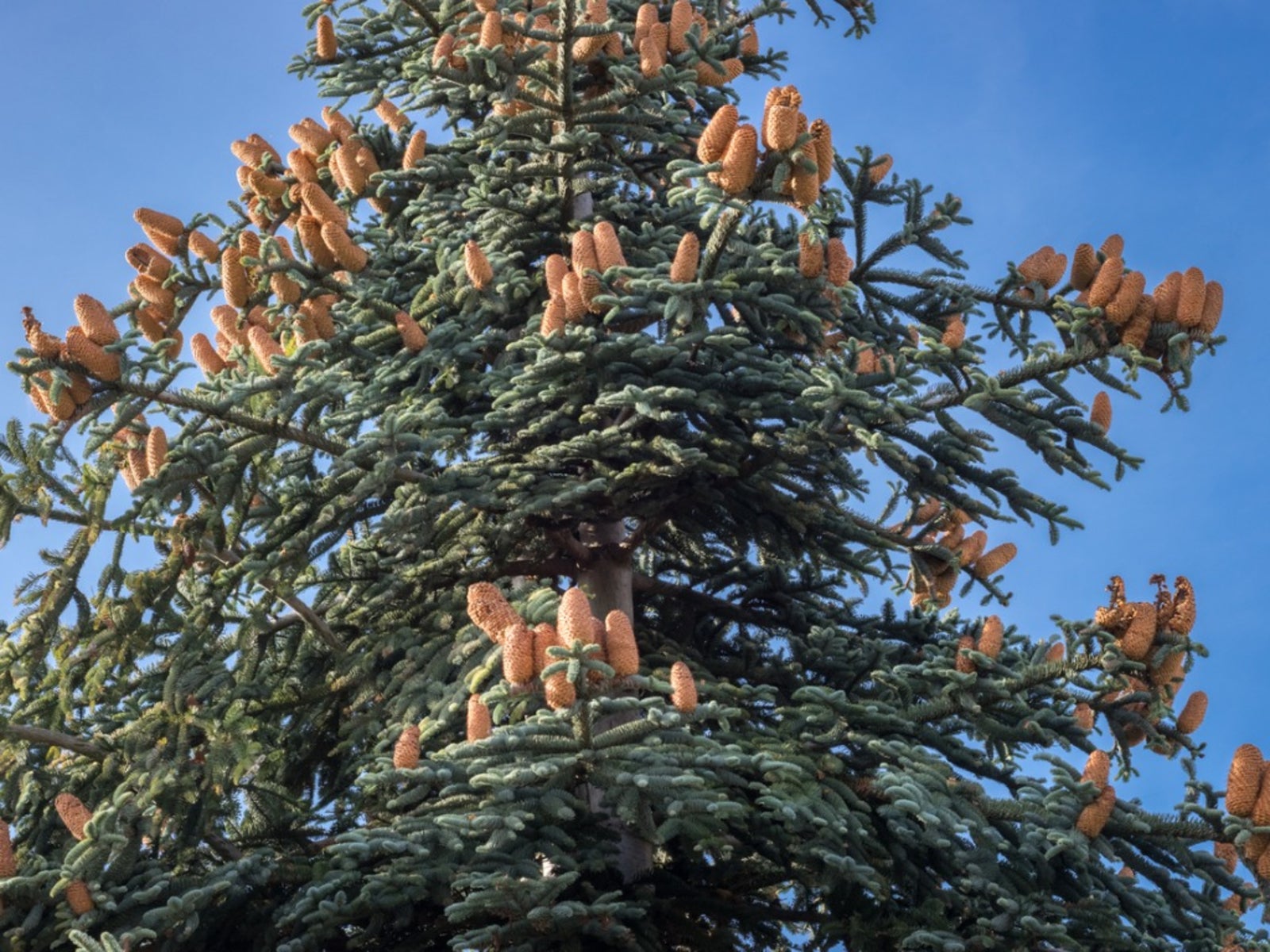 Noble Fir Information: Caring For Noble Firs In Landscapes
Noble Fir Information: Caring For Noble Firs In LandscapesNoble firs are extremely attractive evergreen trees and the largest native firs in America. Planting a noble fir isn't difficult in the correct hardiness zones. Click on the following article for more noble fir information and tips on caring for noble firs.
By Teo Spengler
-
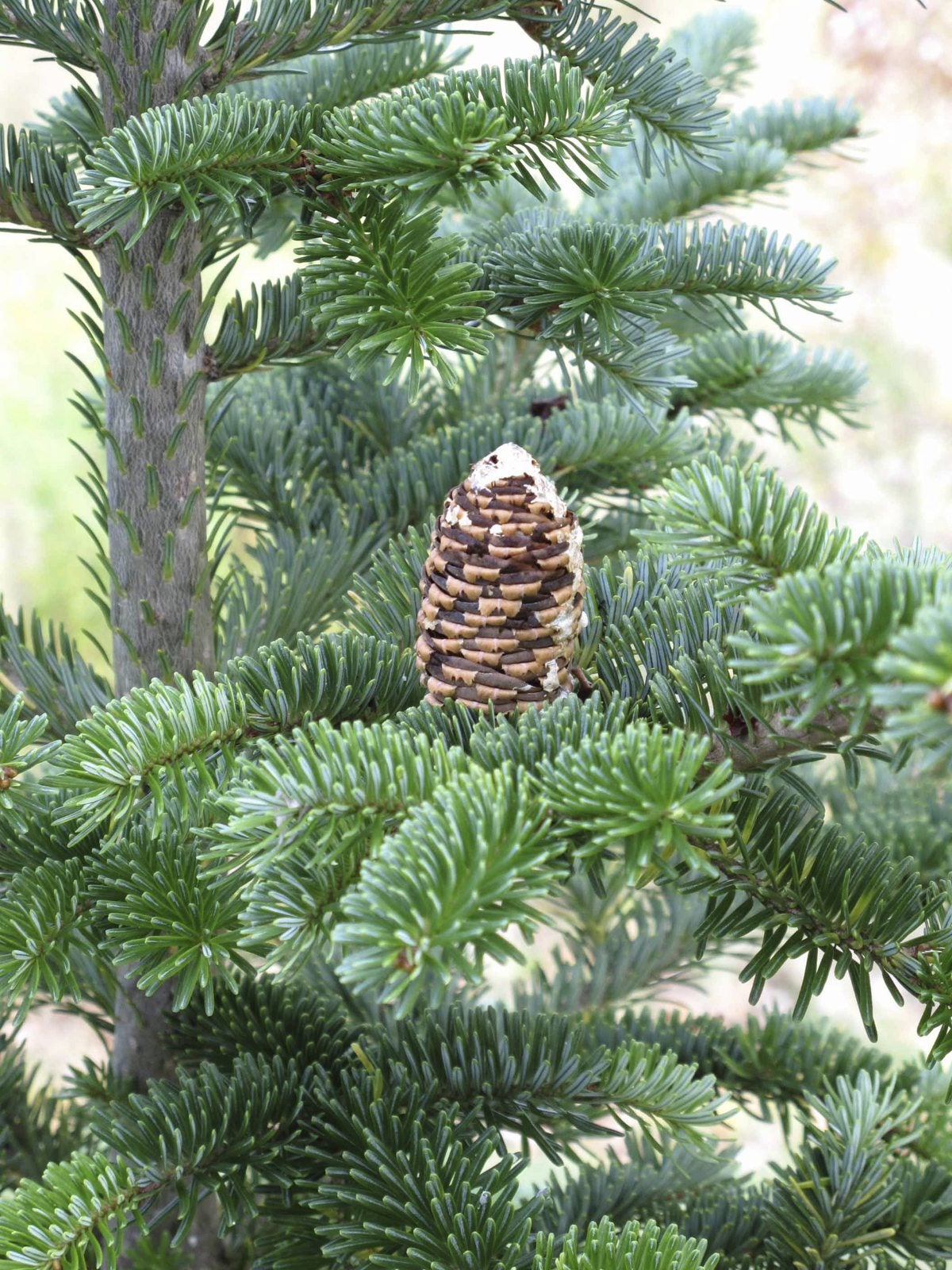 Fraser Fir Tree Care: How To Grow A Fraser Fir Tree
Fraser Fir Tree Care: How To Grow A Fraser Fir TreeThe fragrance of a Fraser fir immediately brings to mind the winter holidays. Have you ever thought of growing one as a landscape tree? Click this article for tips on Fraser fir tree care.
By Jackie Carroll